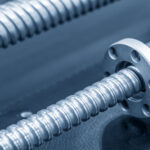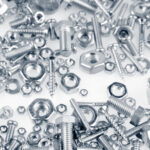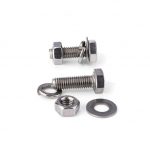
Threaded rods, sometimes called studs, are metal fasteners with the presence of threading on both ends. Usually made of stainless steel, threaded rods may have threading partially extended or extended all the way, and because threading is on both ends, these rods are well-suited to applications where tension is applied. Threads Vs Bolts Aren’t threaded… Read more »










